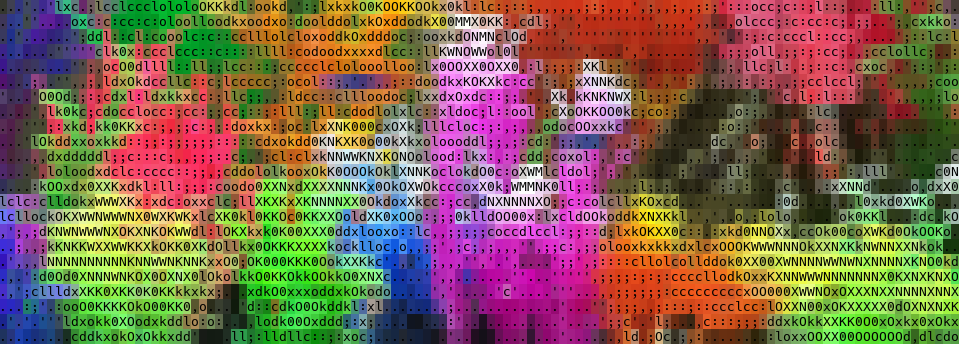

Enshittification, as always, is the word here. It’s important to point out because to disenshittify(?) the product would need to turn back the wheel, including profits. Line go down.
With all the other lines going down, they literally cannot course correct here in any way that would matter to the consumer to rebuild trust. So much of their model is built off of force feeding users and directing their behaviors, the thing they absolutely hate.





“since launch, more than a dog a day has been reunited with their family”
Yeah, because cats know how to evade the fascist state. All Cats Are Beautiful …